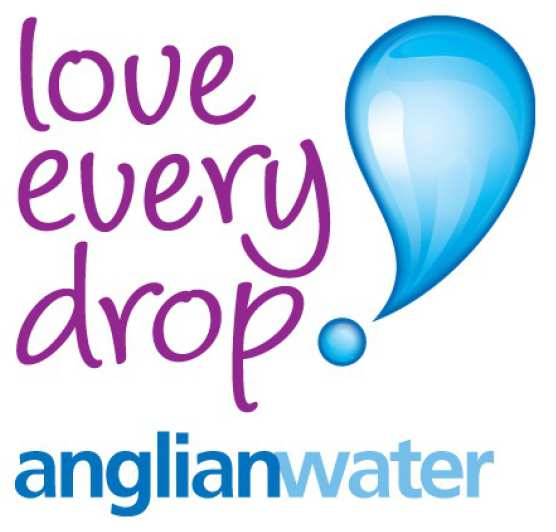Strategies for effective stakeholder engagement in integrated catchment management planning and implementation to address pesticides in the Anglian Region
- Student: Iman Hayat Mohamad Ibrahim
- Supervisor: Dr. Nick Voulvoulis
- AW project manager: Barrie Holden
 The intensification of agriculture in recent decades have led to significant pollution pressures in water resources through the release of nutrients and pesticides. Following peak levels of metaldehyde observed in the autumn of 2008 by Anglian Water, metaldehyde has been persistently detected above the limits stipulated by EU’s Drinking Water Directive (DWD) for individual pesticides (0.1 µg/l) and total pesticides (0.5 µg/l), typically following rainfall events combined with high slug pressures.
The intensification of agriculture in recent decades have led to significant pollution pressures in water resources through the release of nutrients and pesticides. Following peak levels of metaldehyde observed in the autumn of 2008 by Anglian Water, metaldehyde has been persistently detected above the limits stipulated by EU’s Drinking Water Directive (DWD) for individual pesticides (0.1 µg/l) and total pesticides (0.5 µg/l), typically following rainfall events combined with high slug pressures.
Article 7 of the EU Water Framework Directive (WFD) calls for the protection of waterbodies intended for human consumption and reduced reliance on end-of-pipe treatment to meet the DWD standards. Raw water is typically treated through conventional water treatment facilities, however it has been observed that current levels of pesticides such as metaldehyde and clopyralid present in raw water cannot be easily removed. It is also well established that new treatment options coming onto the market cannot sustainably treat the volume of water needed for public supply and would involve significant costs that cannot be afforded by water company customers.
Therefore, there is a need for water companies explore management options that applies to the wider catchment in addition to gaining an understanding of the dynamics and interactions within a catchment to mitigate water pollution issues and maintaining good status for waterbodies. In this regard, Integrated Catchment Management (ICM) provides a favourable opportunity towards the improvement and long-term protection of water resources. To address diffuse water pollution from agriculture, it is envisaged that water companies engaging with farmers will have significant impacts towards reducing the concentration of pesticides present in waterbodies. However, the absence of successful engagement schemes to date, means that it is unclear on how best to engage stakeholders within the agricultural sector in order to increase their awareness and understanding of current issues, and generate behavioural change and participatory efforts required to improve water quality and reduce farm-derived, water quality pollution.
This PhD research aims to develop a framework or protocol to identify best practices for stakeholder engagement and optimisation of stakeholder understanding and participation in the protection of water resources. This research is undertaken in collaboration with Anglian Water’s Catchment and Coastal Management Team to answer the following research question:How do we improve the role of understanding problems as a way of optimising stakeholder participation in efforts to protect water resources?
